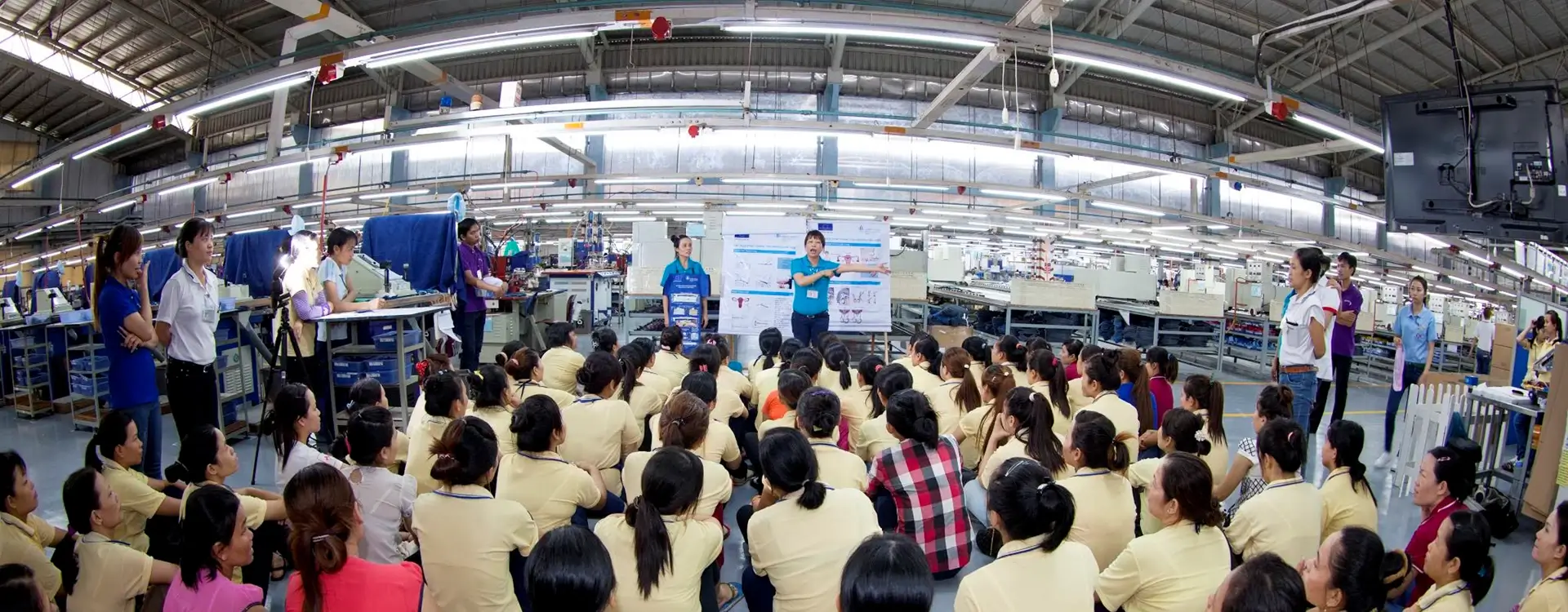
Vietnam
MSI Vietnam
Since its establishment in 1989, MSI Vietnam has been steadfast in its mission to improve access to high-quality and affordable sexual and reproductive health commodities and services across the country.
As a prominent provider of sexual and reproductive healthcare, MSI Vietnam ensures exceptional care is delivered through its clinic network, secures access to quality medicines through its social marketing arm, and strengthens public sector services through supervisory training initiatives. This unwavering commitment enables thousands of individuals to access sexual and reproductive healthcare each year.
Adapting proactively to the changing healthcare environment, MSI Vietnam has broadened its service portfolio to champion women’s well-being. From contraception and abortion care to a comprehensive range of services such as vaccines, cervical screening, STI management, sub-fertility counselling and testing, as well as primary care for survivors of Sexual and Gender-Based Violence, MSI Vietnam caters to diverse needs.
Through supportive mentorship programs with the Government of Vietnam, MSI Vietnam effectively contributes to the training of public sector providers in long and short-acting contraception. By serving countless women and girls across Vietnam, MSI Vietnam ensures they can uphold their right to optimal health.
Contact us
Contact our Vietnam support office to talk about our work.
Marie Stopes Vietnam
Units 201-205, A1 Building
Van Phuc Diplomatic Compound
No. 298 Kim Ma Street
Ba Dinh District, Hanoi
Vietnam
Tel: +84 1900 55 88 82
Email: [email protected]
Looking for services
Looking for services in Vietnam? Use the contacts below or visit our Vietnam website.
Tel: +84 1900 55 88 82





